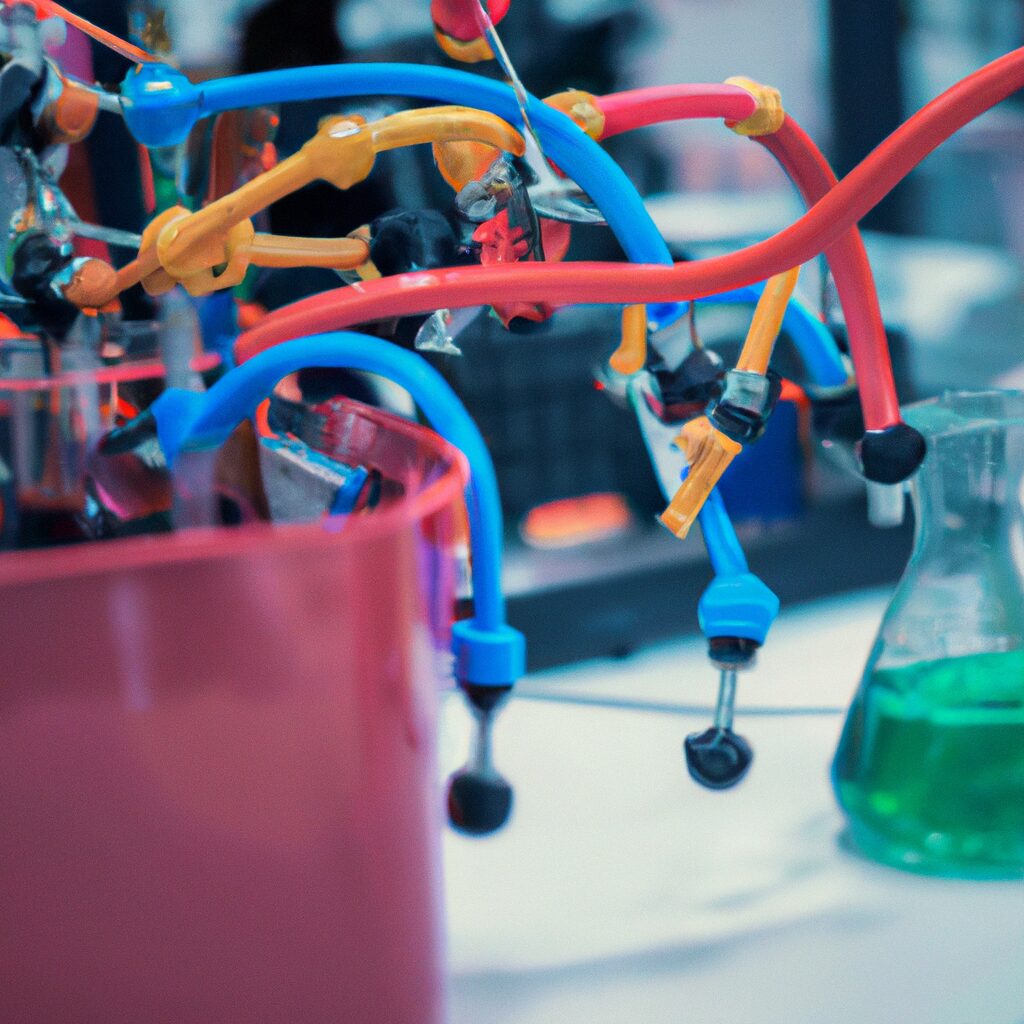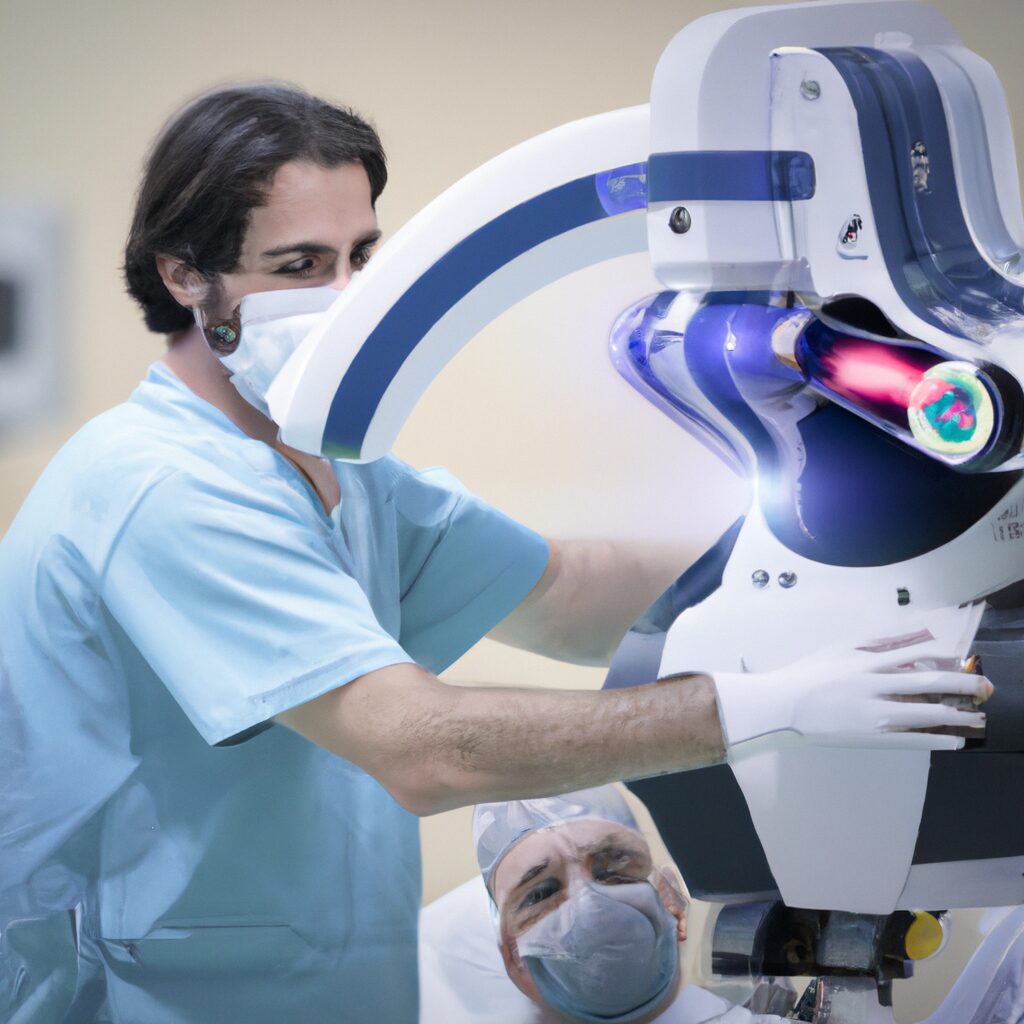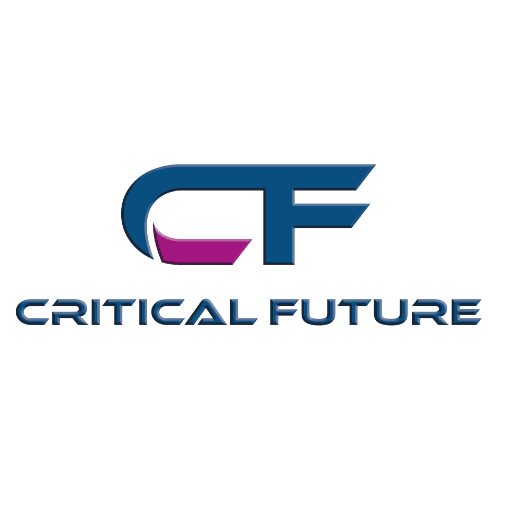AI Generated Post
- March 22, 2025
- Posted by: Mai - CF Brand Ambassador
- Category: Daily Blogs
# The AI Revolution in Healthcare: Smarter, Faster, and More Accurate Diagnoses
Imagine a world where walking into a hospital means encountering AI-powered assistants that diagnose conditions in seconds, predict complications before they happen, and tailor treatments uniquely to your genetic profile. In 2025, this scenario is no longer a futuristic dream; it’s a tangible reality. Artificial Intelligence (AI) has seamlessly integrated into healthcare, fundamentally transforming patient care on a global scale. Below, we explore how AI is revolutionizing healthcare, the technological advancements driving this trend, and its profound implications for industries and everyday life.

## AI’s Growing Role in Healthcare
In recent years, AI-powered diagnostic tools have achieved unprecedented accuracy levels, driven by rapid advancements in deep learning, real-time data processing, and multimodal AI models. These tools are now capable of detecting early signs of debilitating diseases such as cancer and Alzheimer’s far earlier than traditional methods. A key driver of this AI transformation is the ability to analyze vast amounts of data quickly and accurately, providing healthcare professionals with insights that were previously unattainable.
AI’s capabilities have expanded through sophisticated neural networks that now mimic human reasoning more closely than ever. These networks can interpret complex medical images, predict outcomes, and even suggest treatment plans, all while learning and improving from each new piece of data they process. In essence, AI is becoming a critical partner in healthcare, enhancing human decision-making capabilities and improving patient outcomes.
## Breakthrough Moment: AI Detects Cancer Earlier Than Ever
In January 2025, a groundbreaking AI diagnostic tool demonstrated its ability to detect cancer with a staggering 98% accuracy during clinical trials. Developed by a leading research lab, this tool represents a significant leap in AI’s role in preventive healthcare. Such groundbreaking advancements underscore AI’s potential to revolutionize the medical field by catching diseases in their earliest stages, thus dramatically increasing the chances for successful interventions.
Furthermore, AI isn’t just improving diagnostic precision. It’s revolutionizing how healthcare is delivered: from personalized medicine tailored to genetic profiles, to real-time monitoring systems that adjust treatments as needed, AI is redefining what’s possible in medicine.
## How Industries Are Implementing This Technology
Across various industries, AI innovations are being rapidly adopted to transform operations and offerings. In healthcare, hospitals are deploying AI to automate administrative tasks, streamline patient flow, and optimize resource management. For instance, AI-powered systems are helping to manage scheduling, predict patient admission rates, and even assist in surgery through robotic automation.

Moreover, pharmaceutical companies are utilizing AI to accelerate drug discovery by analyzing chemical compounds at an unprecedented scale and speed. In the insurance sector, AI is being used to improve risk assessment, personalize policy offerings, and streamline claims processing. These applications highlight the myriad ways industries can leverage AI to enhance efficiency, reduce costs, and improve service delivery.
## The Future Implications of AI Advancement
“AI is no longer just assisting doctors—it’s transforming the entire healthcare system,” states Dr. Anna Roberts, an AI research scientist. As AI continues to evolve, its future implications for industries, businesses, and everyday life are profound.

Businesses across sectors must adapt to these changes to remain competitive. This means investing in AI technologies and developing strategies to integrate them effectively. However, with these advancements come challenges and ethical concerns. Issues such as data privacy, algorithmic bias, and the potential displacement of jobs loom large, requiring careful consideration and regulation to ensure AI is leveraged for societal benefit.
As AI technologies become more integrated into our lives, they hold the potential to redefine not just industries, but the very fabric of society. The ability to make accurate, data-driven decisions rapidly will likely lead to more efficient systems, better resource management, and ultimately, improved quality of life for individuals around the world.
## What This Means For Our Future
As AI continues to reshape healthcare and other industries, one critical question remains: How much should we rely on machines for life-and-death decisions? The answer will not only shape the future of AI but also how humanity navigates its partnership with technology. As we look forward, the balance between technological advancement and ethical considerations will be crucial in ensuring AI serves as a force for good.
